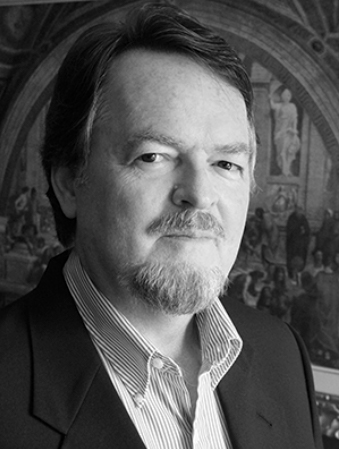Predestined explained by John Stott
by | Posted January 31st at 8:01pm
When studying theology, theologians often see the truth differently, depending on their denominational upbringing. For example, reformed preacher John MacArthur holds to the doctrine of election, as does the reformed theologian John Stott. Stott explains predestination here, in contradistinction to the opposite view:
Predestination, often misconstrued as fostering apathy, actually maintains a delicate balance. While salvation is indeed God’s work, it does not absolve us of our responsibility before Him. Scripture’s emphasis on God’s sovereignty does not diminish our responsibility, but rather, it underscores the harmony between the two.
Instead, the two lie side by side in an antinomy, an apparent contradiction between two truths. Unlike a paradox, an antinomy is not deliberately manufactured; it is forced upon us by the facts themselves. We do not invent it, and we cannot explain it. Nor is there any way to get rid of it, save by falsifying the very facts that led us to it.
A good example is found in the teaching of Jesus, who declared both that ‘”no-one can come to me unless the Father … draws him” (John 6:44) and that “you refuse to come to me to have life” (John 5:40). Why do people not come to Jesus? Is it that they cannot? Or is it that they will not? The only answer which is compatible with his own teaching is: Both, even though we cannot reconcile them.
Predestination is said to foster narrow-mindedness, as the elect people of God become absorbed only in themselves. The opposite is the case. The reason God called one man, Abraham, and his one family was not for their blessing only but that through them, all the families of the earth might be blessed. Similarly, the reason God chose his Servant, that shadowy figure in Isaiah whom we see partly fulfilled in Israel, but especially in Christ and his people, was not only to glorify Israel but to bring light and justice to the nations.
Indeed, these promises were a great spur to Paul (as they should be to us) when he courageously broadened his evangelistic vision to include the Gentiles. Thus, God has made us his own people, not that we should be his elite favourites, but that we should be his witnesses “to proclaim the glorious deeds of him who has called you out of darkness into his marvellous light.” (1 Peter 2:9). So the doctrine of divine predestination promotes humility, not arrogance; assurance, not apprehension; responsibility, not apathy; holiness, not complacency; and mission, not privilege. 1
1 Stott, J.R.W. (2001) The Message of Romans, Leicester, England; Downers Grove, IL: InterVarsity Press (The Bible Speaks Today), pp. 251–252.

Article posted by Glen R. Jackman, founder of GraceProclaimed.org
Glen has optimized his eldership role to teach the full scope of the New Covenant of Jesus Christ without
boundaries.
You can read his testimony.